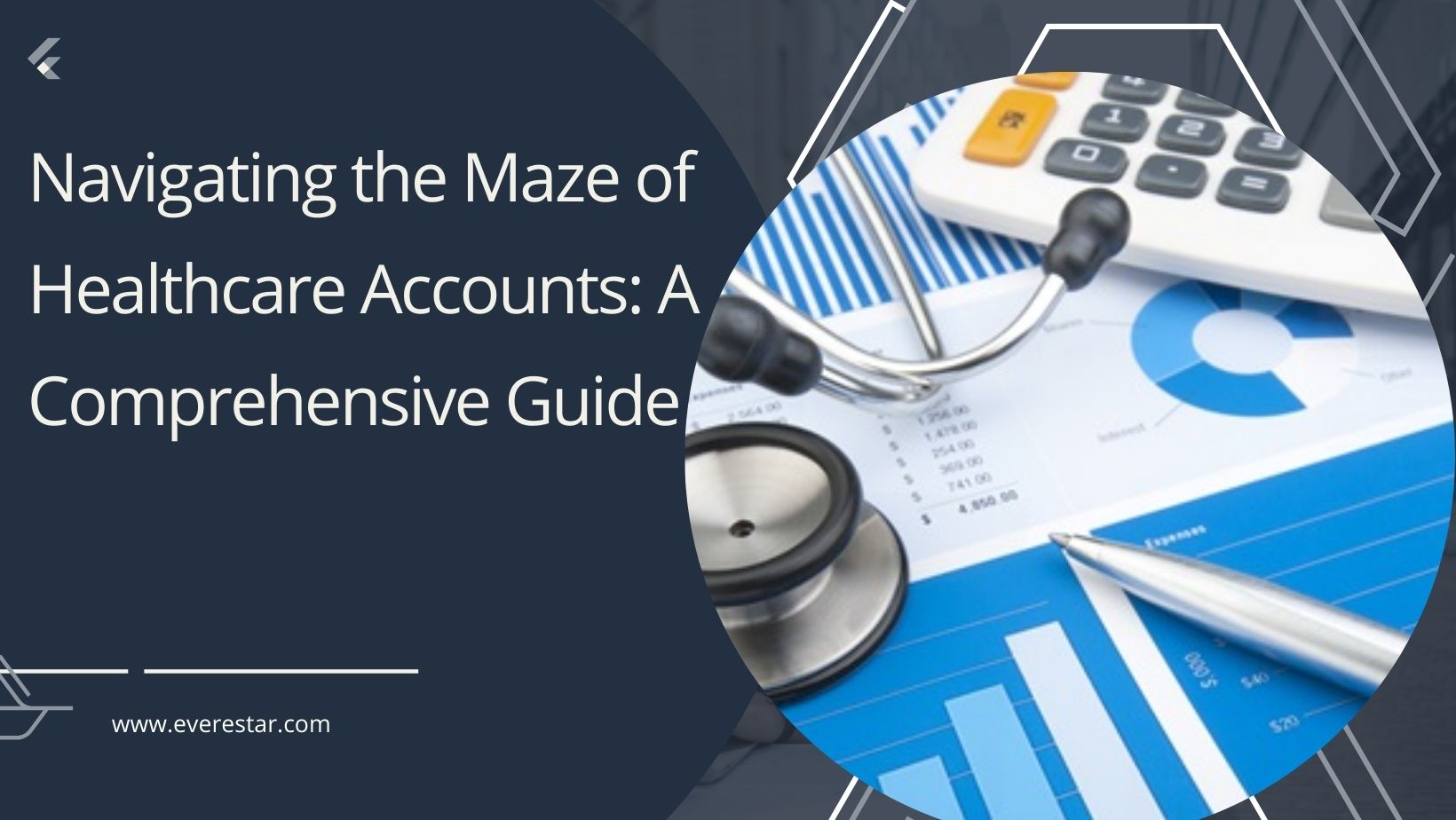Healthcare expenses are an inevitable part of life, but managing them doesn’t have to be overwhelming. With the array of healthcare accounts available, individuals and families have options to help them navigate the financial aspects of healthcare. In this comprehensive guide, we’ll explore the different types of healthcare accounts, their benefits, eligibility criteria, and tips for making the most of them.
Health Savings Account (HSA)
A Health Savings Account, or HSA, is a tax-advantaged savings account designed to help individuals with high-deductible health plans (HDHPs) cover medical expenses. Here’s what you need to know about HSAs:
- Tax Advantages: Contributions to an HSA are tax-deductible, reducing your taxable income.
- Triple Tax Benefits: Funds in an HSA grow tax-free, and withdrawals for qualified medical expenses are tax-free.
- Portability: HSAs are portable, meaning you can keep your account even if you change jobs or health insurance plans.
- Contribution Limits: The IRS sets annual contribution limits, which for 2024 are $3,750 for individuals and $7,500 for families.
Flexible Spending Account (FSA)
A Flexible Spending Account, or FSA, is another tax-advantaged option for healthcare expenses. Here’s what you should know about FSAs:
- Employer-Sponsored: FSAs are typically offered through employer-sponsored benefit plans.
- Pre-Tax Contributions: Contributions to an FSA are made with pre-tax dollars, reducing your taxable income.
- Use-It-or-Lose-It Rule: FSAs often have a “use-it-or-lose-it” rule, meaning any funds not used by the end of the plan year may be forfeited, though some plans offer a grace period or allow a limited carryover.
- Contribution Limits: The IRS sets annual contribution limits for FSAs, which for 2024 is $2,750 per individual.
Health Reimbursement Arrangement (HRA)
A Health Reimbursement Arrangement, or HRA, is an employer-funded account that reimburses employees for qualified medical expenses. Key features of HRAs include:
- Employer Ownership: Funds in an HRA are owned by the employer, not the employee.
- Roll-Over Feature: Unused funds in an HRA can typically roll over from year to year, depending on the plan design.
- Customizable Plans: Employers have flexibility in designing HRA plans to meet the needs of their employees.
Medical Savings Account (MSA)
A Medical Savings Account, or MSA, is a tax-advantaged account that works similarly to an HSA. Here are some important points about MSAs:
- Tax Benefits: Contributions to an MSA are tax-deductible, and withdrawals for qualified medical expenses are tax-free.
- Eligibility: To qualify for an MSA, you must be enrolled in a high-deductible health plan.
- Less Common: MSAs are less common than HSAs, as they were replaced by HSAs in 2003. However, they still offer tax advantages for eligible individuals.
Tips for Maximizing Healthcare Accounts
- Plan Ahead: Estimate your healthcare expenses for the year and contribute accordingly to your healthcare account.
- Know the Rules: Familiarize yourself with the rules and regulations governing your specific healthcare account to avoid any penalties or forfeitures.
- Keep Records: Retain receipts and documentation for all qualified medical expenses paid for with your healthcare account funds.
- Review Annually: Reevaluate your healthcare needs annually and adjust your contributions or account type as needed.
Conclusion
Healthcare accounts are valuable tools for managing healthcare expenses and saving on taxes. Whether you choose an HSA, FSA, HRA, or MSA, understanding the features and benefits of each type of account is essential for making informed decisions about your healthcare finances.


